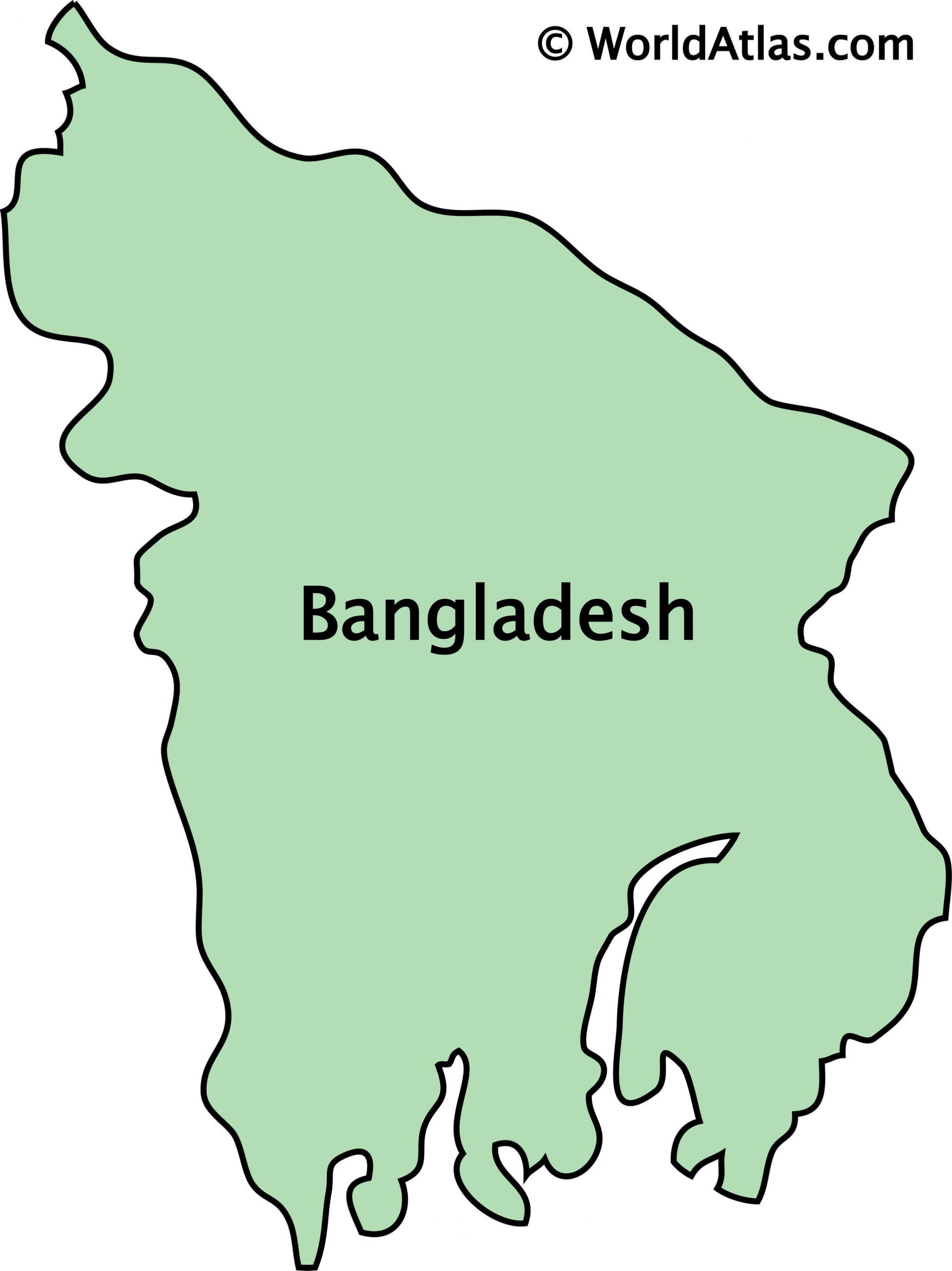The Japanese government has started a rare auction of its emergency rice reserves to tackle the sharp rise in rice prices across the country.
Rice prices have nearly doubled over the past year due to poor harvests caused by extreme heat, panic-buying after a “megaquake” warning last summer, and businesses holding back their stock to sell at higher prices later.
Japan keeps around one million tons of rice for emergencies. These reserves are usually used during natural disasters, but this is the first time since the stockpile was created in 1995 that supply chain issues have led to the release of emergency rice.
On Monday, the agriculture ministry announced it would auction 150,000 tons of rice, with successful bidders set to be selected by Wednesday. The rice is expected to hit store shelves by the end of March. An additional 60,000 tons may be released if needed.
“This is a highly irregular situation,” said Japan’s agriculture minister, Taku Eto, while addressing parliament. “By sorting out the clogged parts of the distribution network, we hope to relieve the hardship experienced by consumers.”
Experts have pointed to several reasons behind the crisis, including record-breaking heatwaves, a tourism surge, and the lingering effects of climate change.
In August last year, some stores ran out of rice after the government warned of a possible “megaquake”. This happened alongside one of the strongest typhoons in decades and the annual Obon holiday, which added to the panic buying.
The government hopes the auction will ease the pressure on consumers, ensuring more rice becomes available in the coming weeks.











